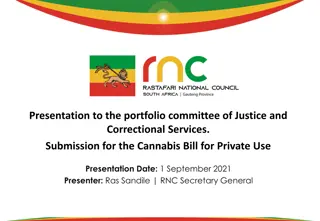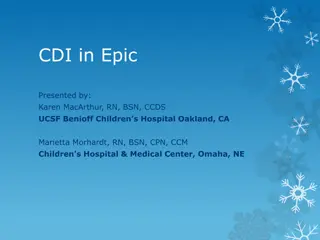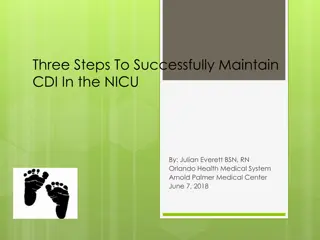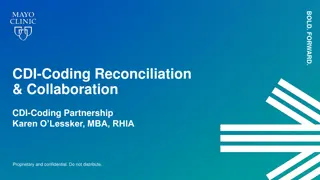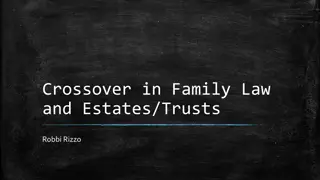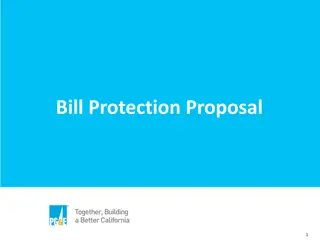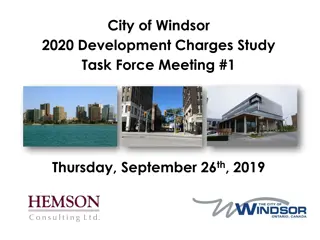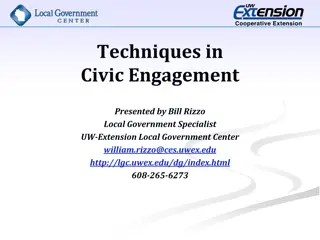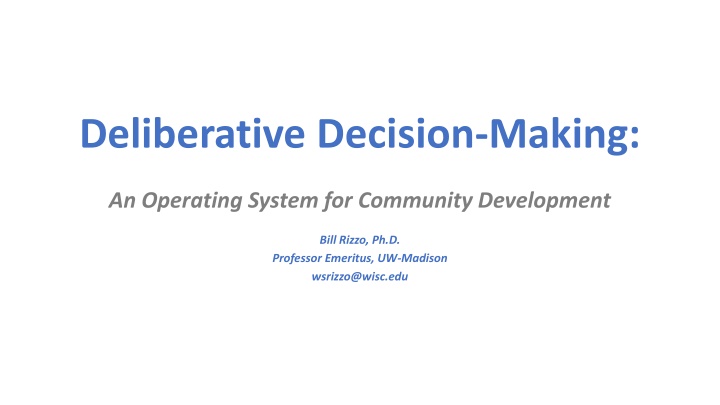
Deliberative Decision-Making for Effective Community Development
Explore the essential components of deliberative decision-making in community development, emphasizing the importance of civil discourse, key elements, and antecedent conditions for successful outcomes. Learn how to frame issues, engage the community, and generate innovative solutions to address complex problems.
Download Presentation

Please find below an Image/Link to download the presentation.
The content on the website is provided AS IS for your information and personal use only. It may not be sold, licensed, or shared on other websites without obtaining consent from the author. If you encounter any issues during the download, it is possible that the publisher has removed the file from their server.
You are allowed to download the files provided on this website for personal or commercial use, subject to the condition that they are used lawfully. All files are the property of their respective owners.
The content on the website is provided AS IS for your information and personal use only. It may not be sold, licensed, or shared on other websites without obtaining consent from the author.
E N D
Presentation Transcript
Deliberative Decision-Making: An Operating System for Community Development Bill Rizzo, Ph.D. Professor Emeritus, UW-Madison wsrizzo@wisc.edu
The choices communities make determine their future. How decisions get made, and who determines how they get made, matters. Decisions and how they re made generate transaction & opportunity costs.
Reflections on Civil Discourse Discourse (noun) as the act of exchanging views and ideas; Civil (adjective) as the temperament and environment within which the exchange occurs; Discourse is a part of decision-making but it is not decision-making; Effective decision-making leads to good decisions. Ineffective decision-making...not so much. Over-emphasizing civility can lead to conflict avoidance; Because conflict is an essential part of an effective decision-making process and brings people with differing interests to the table, avoiding conflict impedes good decision-making. Conflict needs to be managed, not eliminated. Civil discourse is a necessary but insufficient element of deliberative decision-making;
Key Elements of Deliberative Decision-Making Highly participative; Broadly representative; Is well-informed with good information; Names and frames an issue or problem puts it in context; Highly interactive; Produces and evaluates multiple solution ideas (more than two);
Antecedent Conditions for Deliberation Decision-Making A civil environment; A good understanding of a community's culture & networks; A genuine desire among participating leaders and community members to solve problems instead of play politics; A well conceived deliberative decision-making process plan implemented by knowledgeable, skilled people; Valid, problem-relevant information that is accurate, inclusive, representative, objective, and verifiable; A commitment by decision-makers to participate in the process, and to implement solution ideas that emerge from it.
Core Elements of Deliberative Decision-Making First, determine whether or not an issue warrants deliberation. If it does, develop and implement a deliberative decision-making plan: Frame and name the issue/problem to be addressed; Engage the community (inform, consult, involve, collaborate, empower)*; Generate, evaluate, and select solution ideas, and generate a report; Report back to participants, stakeholders, the community; Evaluate the public engagement effort; * Public Participation Spectrum, International Association of Public Participation (IAP2)
Some Ways to Think About Impact More involvement by more, and more underrepresented, people & groups; New decision-making processes and techniques used; Feedback on the process; Decisions made that have an observable impact on the economic, social, and/or cultural facets of community life.






